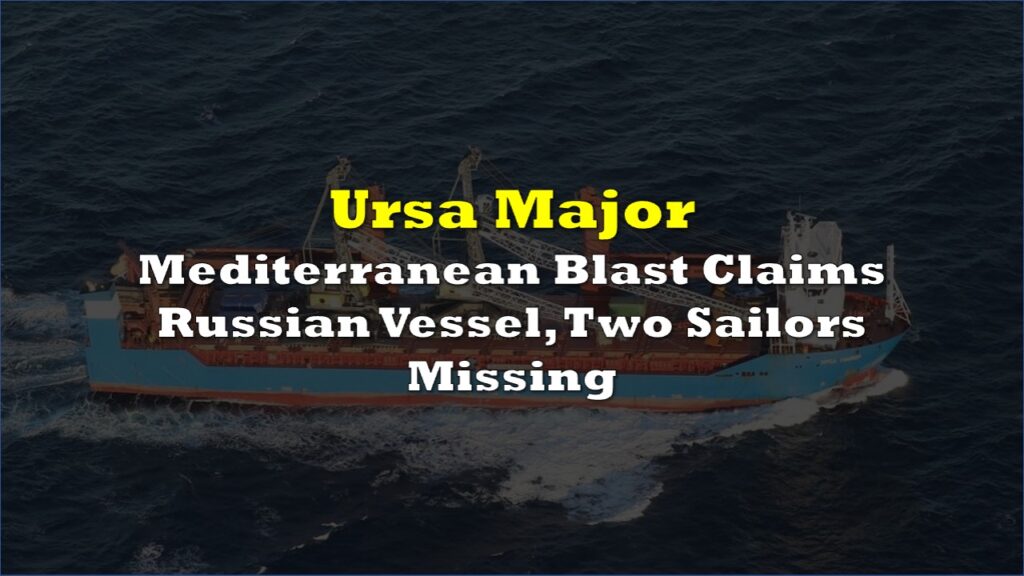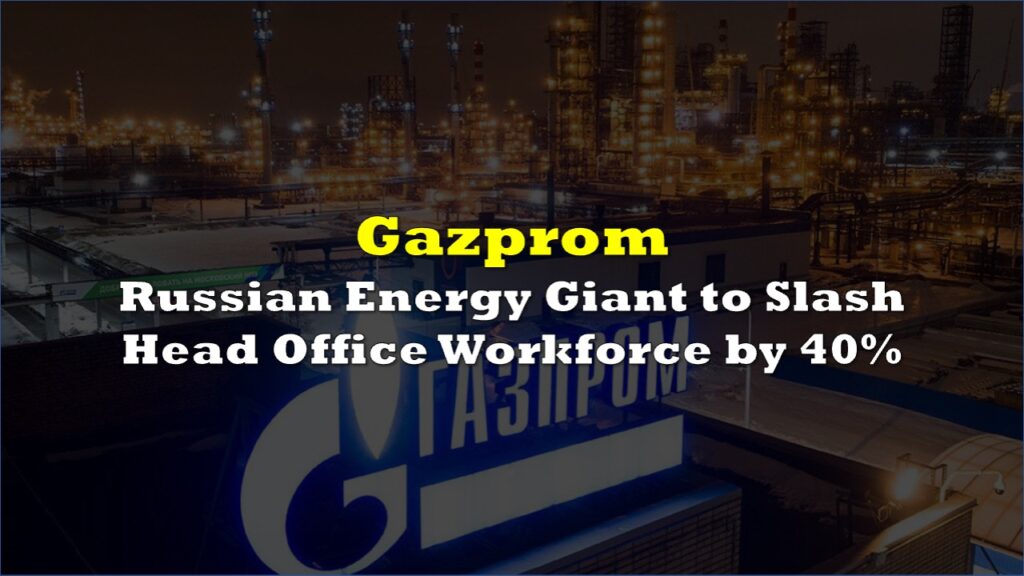Ahead of President Vladimir Putin’s visit to its Asian neighbor, Russia has announced the preparation of an “Agreement on a Comprehensive Strategic Partnership” with North Korea (Democratic People’s Republic of Korea, DPRK).
According to the official decree issued by Putin on June 17, 2024, the Russian Ministry of Foreign Affairs, in coordination with other relevant federal bodies, has been authorized to negotiate and “sign the Agreement on a Comprehensive Strategic Partnership between the Russian Federation and the Democratic People’s Republic of Korea.”
https://t.co/vczjFNIFtn pic.twitter.com/DFuzYOLozq
— Carlos Williams (@12Bto19A) June 18, 2024
The decree explicitly allows for minor amendments to the draft during negotiations, provided they do not alter the core substance of the agreement. The final signing is anticipated to occur at the highest diplomatic level, underscoring the importance Moscow places on this partnership.
Putin is expected to arrive in North Korea for a two-day visit, his first in 24 years, both countries announced. This visit comes at the invitation of North Korean leader Kim Jong Un and is expected to focus on expanding military cooperation as both nations face intensifying confrontations with Washington.
The Russian leader first visited Pyongyang in July 2000, meeting with Kim’s father, Kim Jong Il.
The unholy alliance
The partnership reflects a significant shift in Russia’s foreign policy, particularly in the context of its relationships with other major global powers. It also highlights North Korea’s increasing efforts to diversify its international alliances amidst ongoing economic sanctions and diplomatic isolation imposed by the United Nations and the West.
Putin has pledged to cooperate with North Korea to strengthen both regimes’ resistance to Western sanctions. In an article published in North Korean state newspaper Rodong Sinmun, Putin stated, “We will develop alternative mechanisms of trade and mutual settlements that are not controlled by the West and jointly resist illegitimate unilateral restrictions.”
The visit comes amid growing international concerns about an arms arrangement in which Pyongyang provides Moscow with badly needed munitions to fuel Putin’s war in Ukraine in exchange for economic assistance and technology transfers that would enhance the threat posed by Kim’s nuclear weapons and missile program.
Dr. Andrei Lankov, a North Korea expert and professor at Kookmin University in Seoul, noted that in exchange for providing artillery munitions and short-range ballistic missiles, Pyongyang hopes to get higher-end weapons from Moscow.
“There is never enough ammunition in a war; there is a great demand for them,” he added.
While the specific details of the agreement have not been disclosed, it is expected to cover various areas of cooperation, including economic collaboration, energy, infrastructure development, and military support. Russia has previously supplied North Korea with military hardware and expertise, and this new agreement may pave the way for more extensive collaboration.
The United States and its allies are likely to view this development with concern, given the implications for regional security dynamics. The U.S. State Department has yet to issue an official statement, but an anonymous senior official expressed concerns about the potential for increased military cooperation between the two nations, which could destabilize the already volatile Korean Peninsula.
China, North Korea’s traditional ally, may also perceive this burgeoning partnership with a mix of interest and caution. While Beijing supports Pyongyang’s economic stability, it remains wary of any shifts that might alter the regional balance of power.
Russia and North Korea share a long history of cooperation, dating back to the Soviet era when the USSR was one of North Korea’s primary supporters. After a period of relative disengagement following the Soviet Union’s collapse, relations have been gradually warming over the past decade.
Earlier this year, Putin sent Kim a high-end Aurus Senat limousine, a move seen as violating U.N. resolutions aimed at banning luxury items to North Korea. Additionally, the Financial Times reported in March that Russia was supplying oil and petroleum products to North Korea in exchange for ballistic missiles and artillery shells used in Ukraine.
The warming ties have raised fears in the West of Russia supplying technical assistance or military technology transfers to North Korea. Two months after Kim’s visit to Russia, North Korea claimed its first successful launch of a military spy satellite.
Korean Peninsula tension
The visit comes amid recent tensions on the Korean peninsula, after both North and South Korea scrapped a 2018 military accord aimed at reducing hostilities along their shared border. South Korea’s military fired warning shots at dozens of North Korean soldiers who briefly crossed the demilitarized zone, the second such incident this month. North Korea’s military also suffered multiple casualties after a landmine exploded in the DMZ.
Jenny Town, a senior fellow at the Stimson Center think-tank, said Putin’s visit had “political value to Kim, demonstrating a strong global standing” to his domestic audience.
“Kim Jong Un gets a lot out of the relationship with Russia. Coming out of the very difficult period of pandemic isolation and after failed negotiations with the US and South Korea, being able to meet with Putin is one big political victory for him,” she said. “[It] helps present this image that [Pyongyang] is a much bigger player in global politics than what it should be.”
Putin’s administration has been actively seeking to reassert Russia’s influence on the global stage, and strengthening ties with North Korea fits into this broader strategic objective. The comprehensive strategic partnership aligns with Russia’s recent foreign policy initiatives aimed at expanding its footprint in Asia and countering Western sanctions imposed over various geopolitical conflicts.
This comes after Russia has agreed to grant China access to navigate the Tumannaya (Tumen) River, enabling Chinese ships to reach the Sea of Japan. The agreement, which also involves North Korea, allows Chinese vessels to traverse the final 15-kilometer stretch of the river, currently blocked by a Soviet-era bridge and requiring permissions from Russia and North Korea.
The Tumannaya River, historically contested, flows along the borders of China, North Korea, and Russia before emptying into the Sea of Japan. Control over this strategic waterway has been a point of contention since the Russian Empire took it from China in the 1860s.
Information for this briefing was found via Financial Times, NBC, and the sources mentioned. The author has no securities or affiliations related to this organization. Not a recommendation to buy or sell. Always do additional research and consult a professional before purchasing a security. The author holds no licenses.









